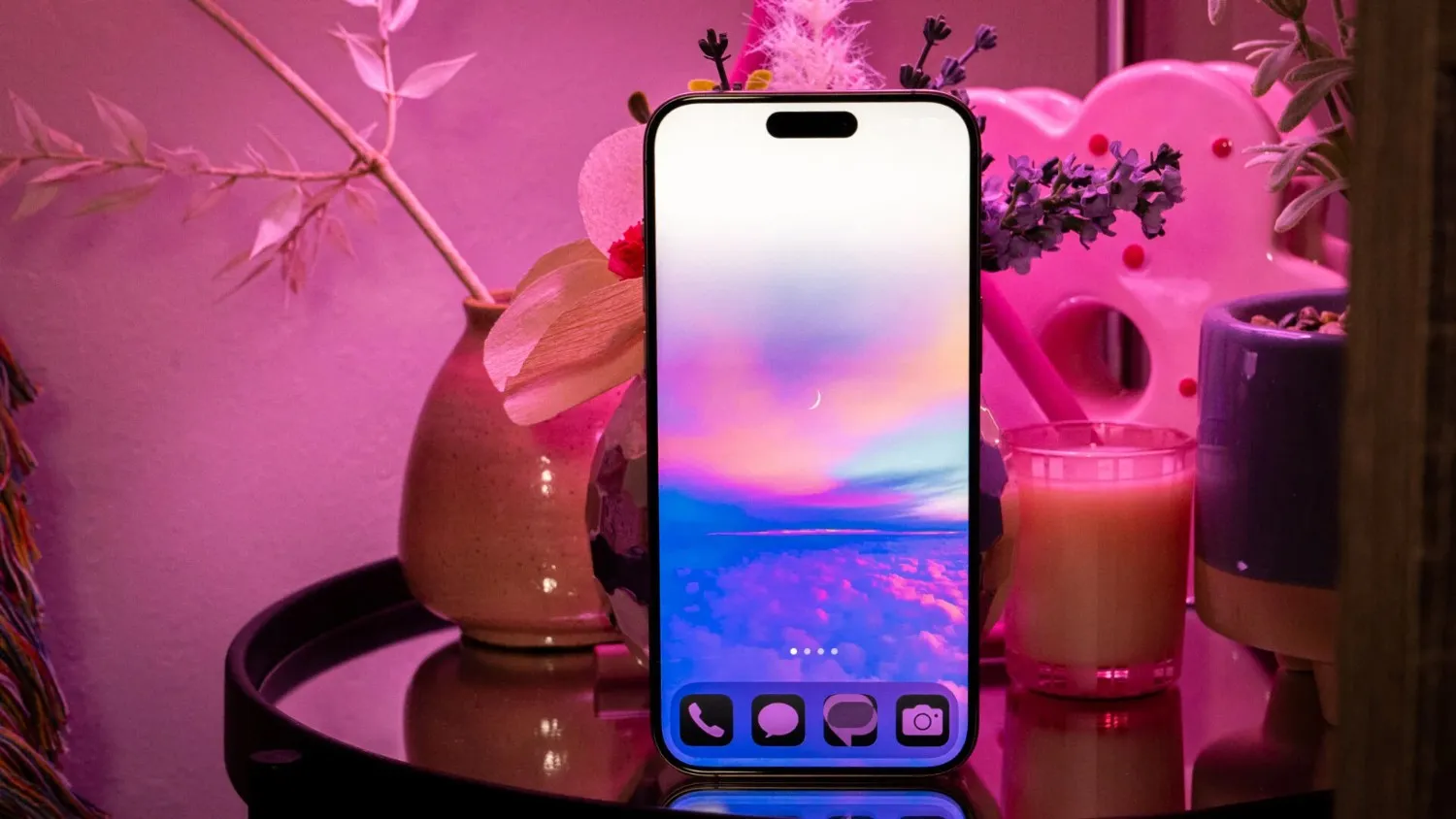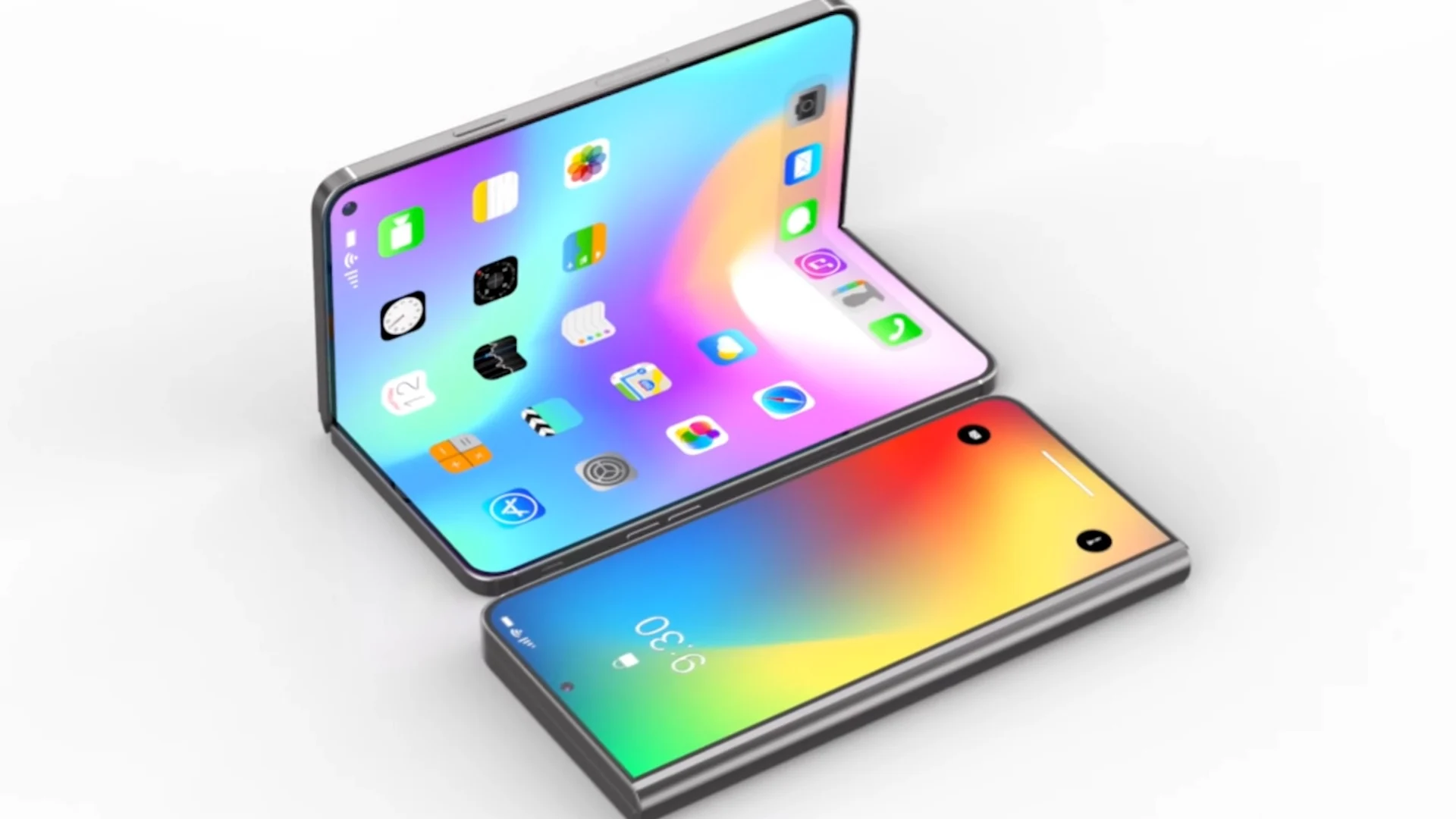With the update, iOS users will notice these apps are more user-friendly. Users can now make Google Translate the default app for translations on iOS. So, when you pick text and choose the Translate button, your iPhone will open the Google Translate app automatically. If your device has iOS 16 or a newer version, you can use this to translate in more ways than Apple’s tool allows.
Spotify decided to make changes that comply with the rules of Apple’s App Store. Now, if you have Spotify on your iOS device, you can tap a link to discover how to purchase audiobooks. The app won’t help you make a purchase, but it will show you how to find the items for sale elsewhere. Apple made it possible for App Store apps in the EU to provide more information about purchases that take place outside the App Store.
The Apple Sports app has added a daily newsletter and various other updates. Now, fans can quickly catch up on games and important updates from their favorite teams through the daily email. It also includes useful information before and during matches to help you track the action as it happens. Many of the major sports leagues such as NBA, MLB and MLS, are supported by it. By adding small updates to iOS apps, Apple tries to make the experience both seamless and more user-friendly.






